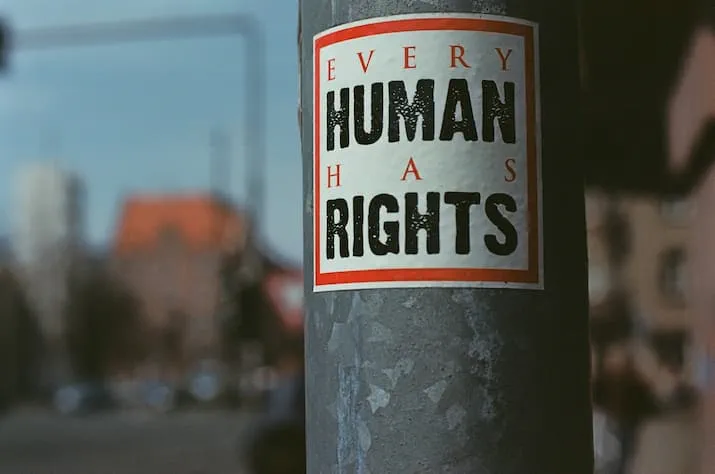3 essential soft skills you’ll need in the future workplace
As workplaces evolve, there's a growing demand for certain skills—and they're not all digital. Discover which human-centric skills you'll need to thrive in the office of the future.

We all know the future of work is digital, but recruiters will be looking for more than technical skills over the next decade, according to recent LinkedIn research.
In fact, 92% of human resource managers believe that soft skills like creativity, resilience and compassionate leadership will be crucial in the workplace of the future, because employers want candidates who can evolve and transfer their skills between different roles.
Faye Strugnell, a case manager and investigator at the Australian Health Practitioner Regulation Agency, has seen this firsthand. In her spare time, she’s studying Curtin University’s Master of Health Industry Management through Open Universities Australia (OUA) because she's noticed this demand is there.
“In the industries in which I’ve mostly worked (legal and health) there’s a different shift happening. A lot of staff have sufficient tech skills because they grew up learning, playing and studying on computers, but some people don’t have the people skills, which is now more important than ever.”
What top three human-centric skills will you need in the workplace of the future?
1. Storytelling
We’ve all seen good storytellers at work. They’re very adept communicators who know how to build a rapport with their customers, co-workers and managers, and then inspire action.
While we're automating our communications more than ever before through chatbots and artificial intelligence technology, we still need human storytellers to truly connect, persuade and influence in every industry. Being able to use empathetic language and show your human side in the way you communicate is becoming increasingly valuable as organisations look to show that they're the real deal.
With hybrid working models set to become the norm, people who can understand and respond to others' needs and fears across multiple platforms will also be an asset for businesses.
If you’d like to develop your storytelling skills, employment consultant Mark Perna suggests finding a role model to emulate in your personal or professional life. "Dissect what makes their communication skills so good,” he tells Forbes. “You might even ask that person to consider a mini-mentorship.”
2. Emotional intelligence
People with high emotional intelligence are good at recognising their own emotions, and the emotions of others, and then adjusting their thinking and behaviour. And it's a skill that employers are after in a post-COVID world.
In Mercer's 2021 Global Talent Trends Report, it was revealed that 53% of Australian HR leaders now want employees who are open to change—in other words, employees with the emotional intelligence to act fast in the face of shocks and disruptions. It’s believed this will give their businesses a strategic advantage in the future.
Given the changes we've all been through over the last year and a half, it's clear this ability to read others' emotions is worth its weight in gold, not only for managers, but for staff at all levels.

3. 21st century leadership
Since the start of the pandemic, we’ve seen how leaders have had to pivot their management skills online. With 65% of business leaders planning to redesign their office spaces for hybrid work, remote leadership isn’t going anywhere, so it’s vital you learn how to guide your team both in person and from behind a screen.
In addition to this, flat hierarchies—that is, organisations that see employees and leaders as equal in their ability to suggest and create change—are becoming increasingly important as the workplace shifts.
Modern leaders now need to be able to work alongside, not just above, their colleagues. It’s no longer about exercising control, but rather about giving control; creating an environment where diversity, inclusion, sustainability and collaboration are valued, and where workers feel like they’ve got space to grow and take risks.
Make ‘humanity’ a section on your CV
The technologies we have available to us these days are incredible—just imagine facing another crisis like COVID-19 without smartphones and videoconferencing. But the ideas and progress we’ll need to get us through further periods of disruption will only come from human ingenuity. It’s our emotional integrity that will keep us employable. Our stories that will inform us. And compassionate leaders that will hold us together.
Has your job taught you empathy? Are you inherently creative? Write it down. Create a section on your CV that heroes these human-centric qualities. These are the skills that employers will be looking for in the years to come.
Browse thousands of courses from leading Australian universities.
Or complete the form on this page to chat to an advisor about study options.



